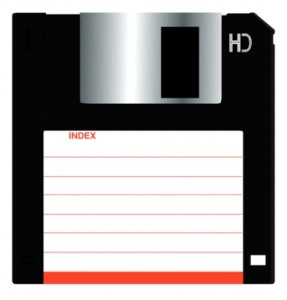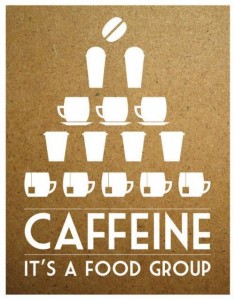 Hypertext’s physical function is allowing the user/reader to click on a highlighted text with their mouse and it will take them to another webpage, which may contain more text or images. The psychological function of hypertext is simply that it makes life easier for humankind. When I read often my mind will wander, some things that I read will sink in and some things won’t. The parts that sink in might spark an interest or an idea and unlike reading a book, with hypertext I can continue exploring that idea or thought in one click of a button.
Hypertext’s physical function is allowing the user/reader to click on a highlighted text with their mouse and it will take them to another webpage, which may contain more text or images. The psychological function of hypertext is simply that it makes life easier for humankind. When I read often my mind will wander, some things that I read will sink in and some things won’t. The parts that sink in might spark an interest or an idea and unlike reading a book, with hypertext I can continue exploring that idea or thought in one click of a button.
When reading Nelson’s Literary Machine’s I pictured him as someone wanting to make the world a better place, to make it easier. This seems to be the same motivation that Douglas Engelbart had, he was the inventor of the computer mouse and developer of hypertext. Also Aaron Swartz who was involved in the development of RSS, Creative Commons and Reddit. Aaron’s goal was to make the sharing of information easier and make knowledge more accessible to the world.
So, rather than trying to understand the nerdy diagrams in this reading, one thing I took from it was the passion and motivation to move beyond the floppy disk (and thank God we did), to move into the world where offices become paperless and your thoughts and ideas you wrote on that fluro green post-it note this morning don’t get lost amongst the piles of rubbish on your desk.
‘Computers should bring simplification not complication’. Ted Nelson



